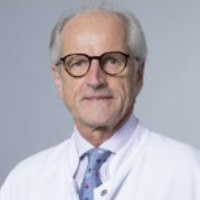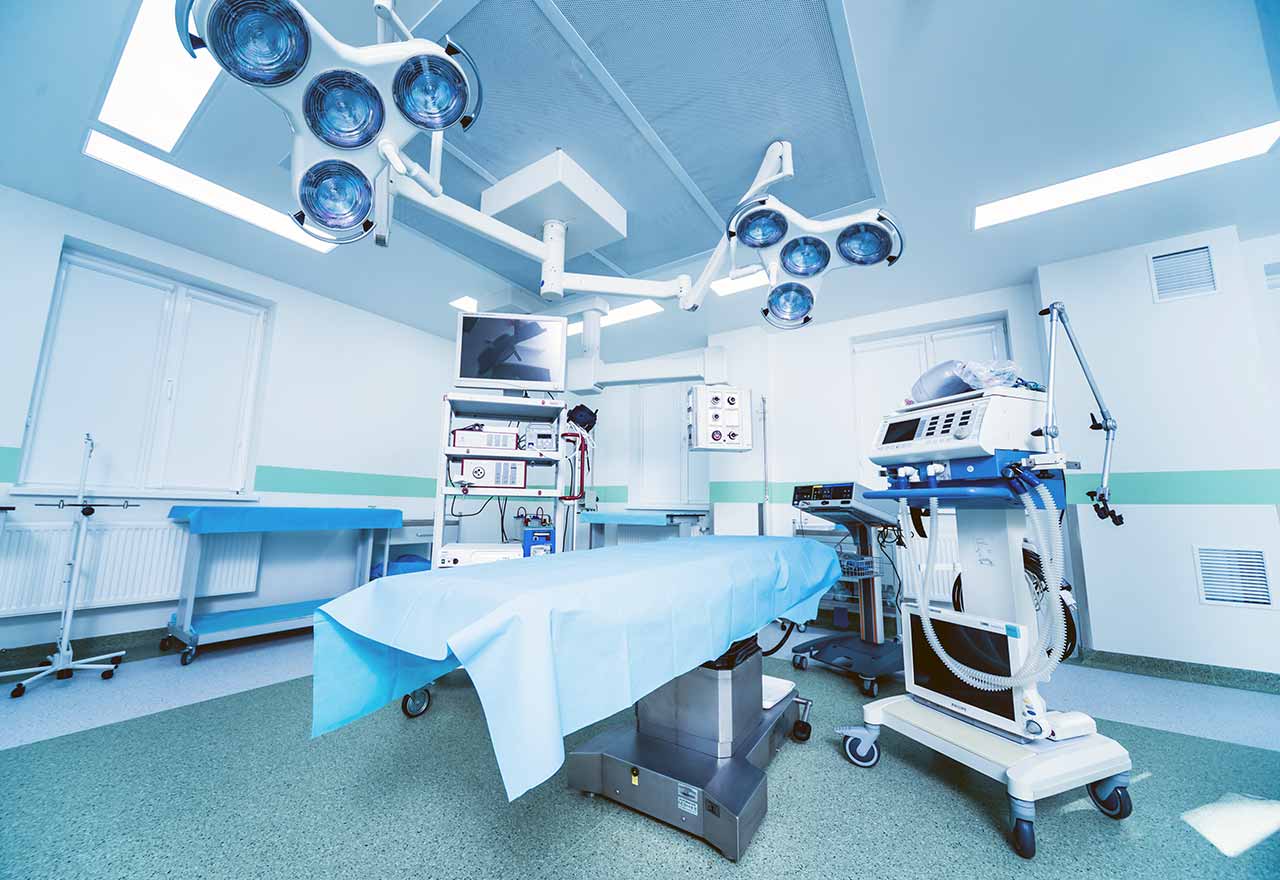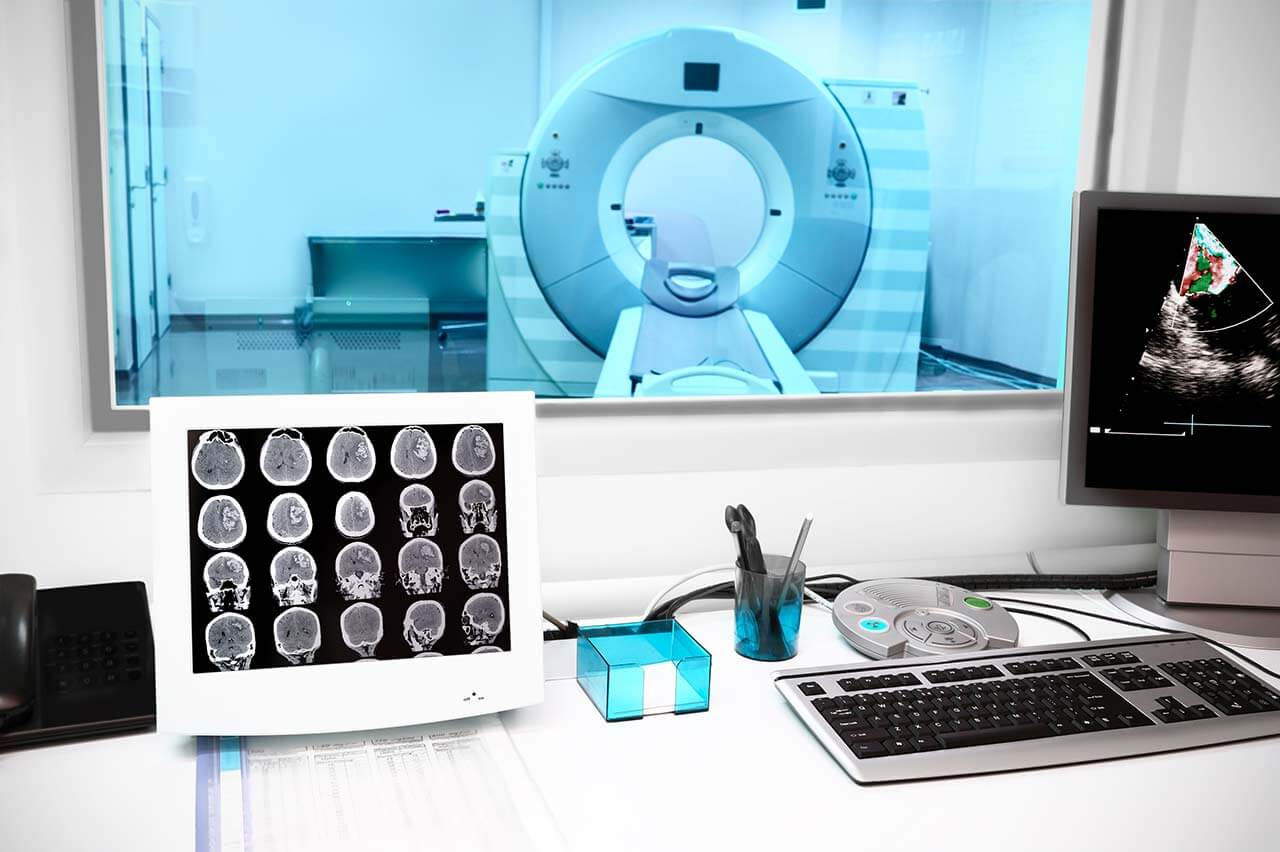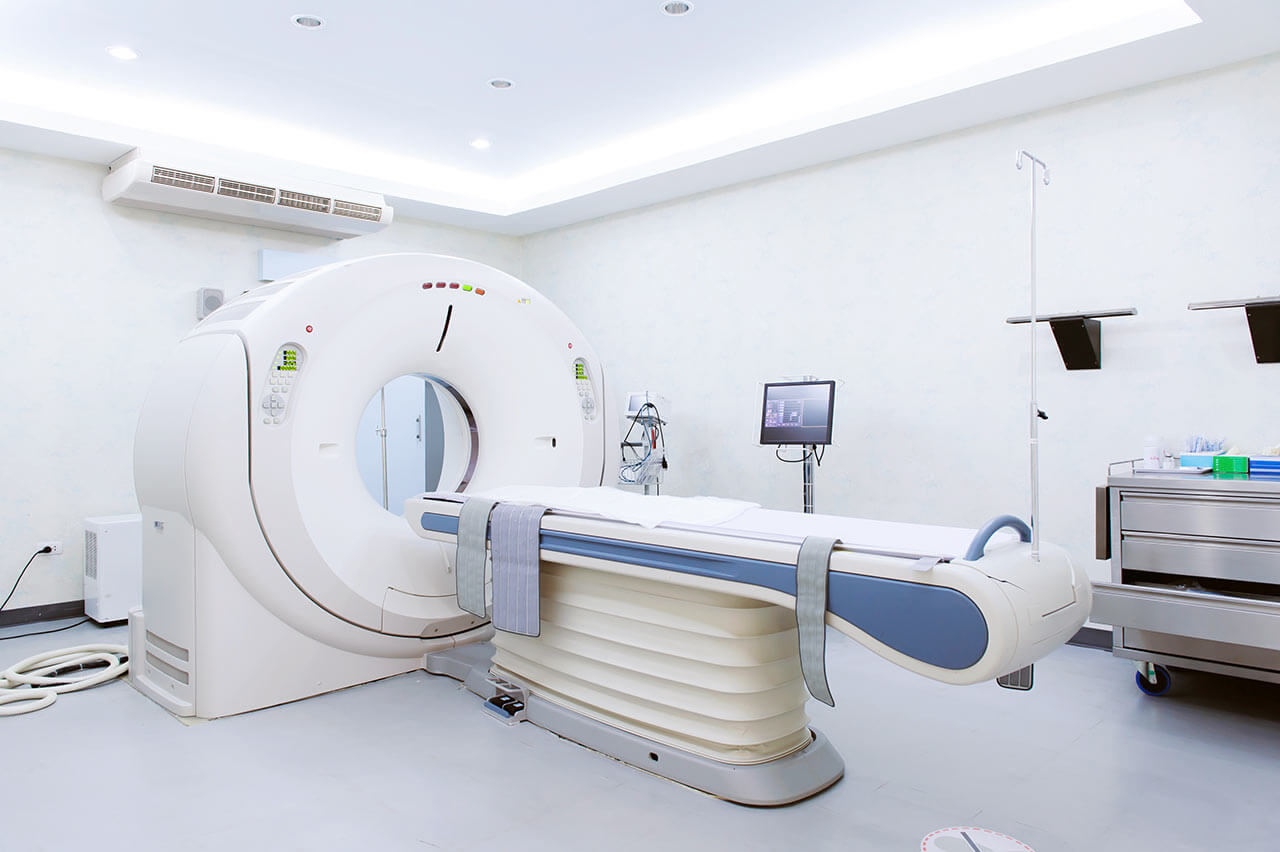
The program includes:
For 2 weeks before birth:
- Initial presentation in the clinic
- clinical history taking
- physical examination
- review of medical records
- laboratory tests:
- complete blood count
- biochemical analysis of blood
- indicators of inflammation (CRP, ESR)
- indicators blood coagulation
- pelvic ultrasound
- gynecological examination:
- transvaginal ultrasound
- colposcopy
- scraping with subsequent analysis
- fetal examination:
- 3 D sonography
- determine fetal position before delivery
- CTG
- nursing services
- treatment by chief physician and all leading experts
- maintaining an obstetrician until birth
Day of birth
- gynecological examination
- fetal examination
- preparation according to preoperative standard
- cesarean section
- symptomatic treatment
- control examinations
- the cost of essential medicines and materials
- nursing services
- full hospital accommodation
- explanation of future recommendations
After birth
- maintaining an obstetrician after birth
- examination during the postnatal period (during the first three weeks)
- control gynecological examinations during the postnatal period
- the first pediatric examination of the newborn
Required documents
- Medical records, obstetric history
Service
You may also book:
 BookingHealth Price from:
BookingHealth Price from:
About the department
According to the Focus magazine, the Department of Obstetrics at the University Hospital Hamburg-Eppendorf is one of the best medical facilities of its kind in Germany!
The department specializes in comprehensive pregnancy management, childbirth, and postpartum care. The team of experienced specialists works successfully with high-risk pregnancies and multiple pregnancies, diagnoses and treats maternal and fetal complications at all stages. The department has the status of a Level 1 Perinatal Center, which indicates the high reputation of the medical institution. Patients are offered modern and comfortable delivery rooms for safe childbirth. The team of obstetricians in the medical facility closely cooperates with neonatologists, pediatric cardiologists and cardiac surgeons, pediatric surgeons, and other specialists, which allows them to provide the necessary medical care to the newborn in case of detection of congenital pathologies. For many years, the department has held a leading position in the segment of obstetric clinics in Germany, providing excellent quality medical services. More than 3,000 babies are born here every year. The Head Physician of the department is Prof. Dr. med. Kurt Hecher.
The pride of the department is its advanced technical base, thanks to which all modern tests for assessing the health of the mother and the development of the fetus can be performed here. The department offers ultrasound screening in all trimesters of pregnancy (DEGUM certification from the German Society for Ultrasound in Medicine), fetal magnetic resonance imaging, amniocentesis (an invasive method of perinatal diagnostics that allows for the detection of chromosomal abnormalities and intrauterine infections with high accuracy), and chorionic villus sampling (an invasive diagnostic procedure that allows for the detection of Down syndrome, cystic fibrosis, sickle cell anemia, and other genetic pathologies at the stage of intrauterine development). It should be noted that the department has many years of experience in managing pregnancies of women with congenital and acquired heart defects, as well as women with previous organ transplants.
A special offer of the medical facility is the treatment of twin-to-twin transfusion syndrome, a complication of multiple monochorionic pregnancy, in which there are significant differences in the blood supply to the fetuses. This syndrome carries a high risk of developmental defects and prenatal fetal death. There are only a few obstetric clinics in Europe that provide innovative laser treatment for twin-to-twin transfusion syndrome, and the Department of Obstetrics at the University Hospital Hamburg-Eppendorf is one of them. Patients from all over the world come here to undergo the procedure of fetoscopic laser coagulation of anastomoses. The department's specialists have successfully performed more than 1,000 such laser procedures.
The department has five state-of-the-art delivery rooms, each equipped with a comfortable delivery bed, a tub for water births, and pain relief aids during contractions (such as a fitball and a birthing chair). A variety of pain relief techniques are used during labor, including epidural anesthesia, homeopathy, acupuncture, and aromatherapy. The goal of the department's obstetric team is to make labor as painless and safe as possible in comfortable conditions, because the birth of a child is an important and happy event in every woman's life.
The department's medical services include the following options:
- Diagnostic services
- Screening in all trimesters of pregnancy
- Fetal magnetic resonance imaging
- Invasive diagnostic procedures
- Amniocentesis
- Chorionic villus sampling
- Fetoscopic laser coagulation of anastomoses for the treatment of twin-to-twin transfusion syndrome
- Childbirth: natural childbirth and cesarean section
- Postpartum care for mother and newborn baby
- Other obstetric services
Curriculum vitae
Qualifications and Accreditations
- 1980 Doctorate, University of Graz, Austria.
- 1984 General Practitioner, General Medical Council, Austria.
- 1990 Board Certification in Obstetrics and Gynecology, General Medical Council, Austria.
- 1996 Doctorate in Obstetrics and Gynecology, University of Vienna, Austria.
- 1997 Board Certification in Perinatal Medicine, General Medical Council, Germany.
- 2003 Professor for Obstetrics and Perinatal Medicine, University of Hamburg, Germany.
Professional Career
- 1981 - 1983 Resident, Department of Internal Medicine, General Hospital Klagenfurt, Austria.
- 1984 - 1991 Resident, Department of Obstetrics and Gynecology, General Hospital Klagenfurt, Austria.
- 1992 - 1993 Research Fellow, Department of Obstetrics and Gynaecology and Harris Birthright Research Centre for Fetal Medicine, King's College, University of London.
- 1994 Consultant in Obstetrics and Gynecology, Department of Obstetrics and Gynecology, General Hospital Klagenfurt, Austria.
- 1994 - 2003 Consultant in Obstetrics and Perinatal Medicine, Deputy Head of the Department of Perinatal Diagnostics and Therapy, Barmbek Hospital, Hamburg, Germany.
- Since 2004 Head Physician, Department of Obstetrics, University Hospital Hamburg-Eppendorf.
Prizes, Awards, and Honors
- 1992 Erwin Schroedinger Fellowship, Austrian Science Foundation.
- 1992 Honorary Lecturer in Obstetrics and Gynecology, King’s College School of Medicine, University of London.
- 1999 Werner Otto Foundation Award for Clinical Research.
- 2000 Hans Geisenhofer Foundation Research Award, Bavarian Society of Obstetrics and Gynecology.
- 2008 Haackert Foundation, Gold Medal Award for Perinatal Medicine.
Memberships in Professional Societies
- International Society of Ultrasound in Obstetrics and Gynecology (ISUOG).
Photo of the doctor: (c) Universitätsklinikum Hamburg-Eppendorf (UKE)
About hospital
According to the Focus magazine, the University Hospital Hamburg-Eppendorf is one of the top ten hospitals in Germany!
Since its foundation in 1889, the hospital has taken a leading position in the European medical arena, which it still holds today. A highly competent medical team of more than 15,300 employees takes care of the health of patients. Approximately 2,900 of them are physicians and researchers, and more than 3,400 work as nurses and therapists. The hospital has 1,738 beds for inpatient treatment, and many diagnostic and therapeutic services are provided on an outpatient basis. A solid foundation for successful clinical practice in the medical complex is formed by a combination of research achievements with state-of-the-art equipment and the highest professionalism of doctors. In addition, the hospital has a modern and extremely comfortable infrastructure. The most important value for every employee of the University Hospital Hamburg-Eppendorf is the health and well-being of every patient.
The medical facility was the first university hospital in Europe to implement an electronic system for storing patient medical reports. As a result, all diagnostic and treatment protocols are stored electronically. In 2011, the hospital was certified as the first fully digital hospital in Europe.
The hospital represents all areas of modern medicine. The doctors of the healthcare facility have a wealth of theoretical knowledge and vast clinical experience, which allows them to easily cope with the treatment of both common and extremely rare, complex clinical cases. About 550,000 patients are treated here each year, over 450,000 of whom receive outpatient medical care.
An important part of the work of the University Hospital Hamburg-Eppendorf is research activities aimed at developing innovative diagnostic and treatment methods. The main areas of research of the hospital include neurobiology, oncology, cardiovascular research, and research on infectious and inflammatory diseases. Special attention is also given to research in molecular imaging and skeletal biology.
The hospital is distinguished by its first-class level of medical care, which is confirmed by numerous quality certificates of European and international standards: DIN EN IS0 9001 certificate, certificates of the German Cancer Society (DKG) in the treatment of breast cancer, colon cancer, gynecological cancer, prostate cancer, and other oncological diseases, certificate of the German Cardiac Society (DGK) in the treatment of acute coronary syndrome, certificate of the German Spine Society (DWG), and others.
Photo: (с) depositphotos
Accommodation in hospital
Patients rooms
The patients of the University Hospital Hamburg-Eppendorf stay in comfortable single and double bright rooms with a modern design. Each patient room has an ensuite bathroom with a shower and a toilet. The standard patient room furnishings include an automatically adjustable bed with an orthopedic mattress, a bedside table, a wardrobe, a table and chairs for receiving visitors, a telephone, a radio, and a TV. Wi-Fi access is available in patient rooms and throughout the hospital.
If desired, patients can stay in single enhanced-comfort rooms. These rooms are more spacious and are equipped with upholstered furniture, a safe, and a mini-fridge.
Meals and Menus
The hospital offers three meals a day: breakfast, lunch, and dinner. Breakfast and dinner are served in the form of buffets, and for lunch you can choose from several set menus – in total, more than 20 dishes are served for lunch, including vegetarian ones.
If, for some reason, you cannot eat all of the foods, you will be offered an individual menu. Please inform the medical staff about your dietary preferences prior to the treatment.
Further details
Standard rooms include:
![]() Toilet
Toilet
![]() Shower
Shower
![]() Wi-Fi
Wi-Fi
![]() TV
TV
Religion
Religious services are available upon request.
Accompanying person
During the inpatient program, an accompanying person may stay with you in a patient room or hotel of your choice.
Hospital accommodation
During the outpatient program, you may stay in a hotel at the hospital.
Hotel
During the outpatient program, you may stay in a hotel of your choice. Managers will help you choose the most suitable options.
The hospital offers a full range of laboratory tests (general, hormonal, tests for infections, antibodies, tumor markers, etc.), genetic tests, various modifications of ultrasound scans, CT scans, MRI and PET / CT, angiography, myelography, biopsy and other examinations. Treatment with medications, endoscopic and robotic operations, stereotaxic interventions is carried out here, modern types of radiation therapy are also used. The hospital offers patients all the necessary therapeutic techniques.
- Coiling and clipping of aneurysms of different localizations
- Transjugular intrahepatic portosystemic shunting in patients with portal hypertension
- Minimally invasive surgeries (da Vinci)
- Removal and reconstruction of mammary glands
- Hyperthermic intraperitoneal chemotherapy (HIPEC)
These are arteriovenous malformations and angiomas, vascular aneurysms, pathologies of the mammary glands, pelvic organ prolapse, urinary incontinence, malignant tumors of various localizations (area of special attention is treatment of intestinal cancer), pathologies of liver and pancreas, cataracts and rare ophthalmic pathologies (aphakia, aniridia ), infertility and other diseases.
- Interventional neuroradiology
- Mammology
- Oncology
- Gastroenterology
- Surgery
Over 2,900 highly qualified physicians and researchers work at the hospital.





